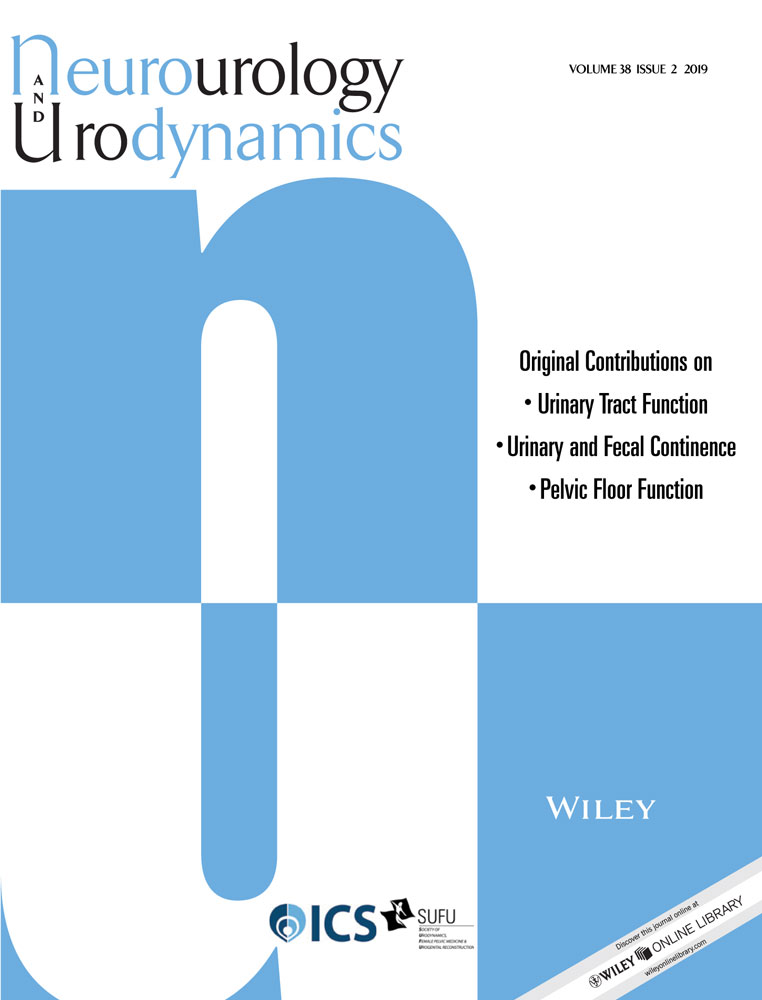Defecation disorders in Spina Bifida: Realistic goals and best therapeutic approaches
Abstract
Aims
Spina Bifida (SB) is a rare congenital condition that frequently impairs the neurological control of both fecal continence and defecation. Several therapeutic strategies have been proposed but impact assessment is lacking. Our objectives were to quantify the symptomatic improvement and to determine the optimal strategy in this rare condition where randomized controlled trials are difficult to conduct.
Methods
Data were extracted from a prospective database. The present analysis focused on patients having undergone at least two gastroenterological assessments. A standardized therapeutic approach was used from the first visit. Improvement was quantified by the variation of quantified symptomatic scores.
Results
The data of of 57 adults with SB (gender F/M: 30/27 [52.6/47.4%]; mean age: 33.8 [18.5] years) were extracted. After a mean follow-up of 46 months, 23/57 patients (40.4%) had at least improvement of one point of the Cleveland Clinic Incontinence score (CCIS); 13/57 (22.8%) reported a significant improvement of continence (delta score >50%). Five of the twelve patients (41.6%) with CCIS < 5 at baseline became incontinent over time. The neurological level was not associated with a worse continence outcome. Work on stool consistency and transanal irrigation were the most useful strategies in those with significant improvement of continence.
Conclusions
Using conventional strategies, a benefit on fecal continence occurs in only one out of five patients suffering from Spina Bifida and continent patients at baseline can develop fecal incontinence over time. A strategy targeting improved control of defecation (transanal irrigation) and a standardization of follow-up protocol might be beneficial.
CONFLICTS OF INTEREST
Authors declare that they have no conflicts of interest to disclose.




